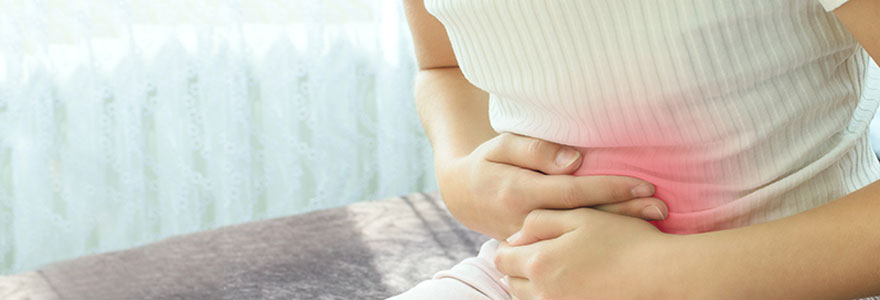Menstrual Problems

"Menstrual problems" is a broad term that encompasses a range of issues related to the menstrual cycle. Menstruation, or the menstrual cycle, is a normal and natural part of a woman's reproductive health. However, various factors can lead to irregularities or complications in the menstrual cycle.
Some common menstrual problems include:
- Amenorrhea: This refers to the absence of menstruation. Primary amenorrhea is when a girl has not started her menstrual periods by the age of 16, and secondary amenorrhea is the absence of menstruation for three or more consecutive cycles in a woman who has previously had regular periods. Amenorrhea can be caused by factors such as pregnancy, extreme weight loss, excessive exercise, hormonal imbalances, or certain medical conditions.
- Dysmenorrhea: This is severe menstrual cramps and pain associated with menstruation. It is common, and for some women, it can be debilitating. Primary dysmenorrhea is common menstrual cramps without an underlying medical condition, while secondary dysmenorrhea is pain caused by an underlying reproductive health issue, such as endometriosis or fibroids.
- Menorrhagia: Menorrhagia refers to unusually heavy or prolonged menstrual periods. It can be caused by hormonal imbalances, uterine fibroids, polyps, or bleeding disorders.
- Irregular Menstrual Cycles: Irregularities in the menstrual cycle involve variations in the length of the menstrual cycle or changes in the amount of bleeding. Causes can include stress, changes in weight, hormonal imbalances, or certain medical conditions.
- Premenstrual Syndrome (PMS): PMS encompasses a range of physical and emotional symptoms that occur in the days or weeks leading up to menstruation. Symptoms can include mood swings, bloating, breast tenderness, and irritability.
- Premenstrual Dysphoric Disorder (PMDD): This is a severe form of PMS characterized by more intense emotional symptoms, such as depression, anxiety, and severe mood swings.
- Polycystic Ovary Syndrome (PCOS): PCOS is a common hormonal disorder that can cause irregular periods, as well as symptoms such as acne, excess hair growth, and ovarian cysts.
- Perimenopause and Menopause: As women approach menopause, the transition period known as perimenopause can bring irregularities in the menstrual cycle, changes in flow, and eventually the cessation of menstruation.
